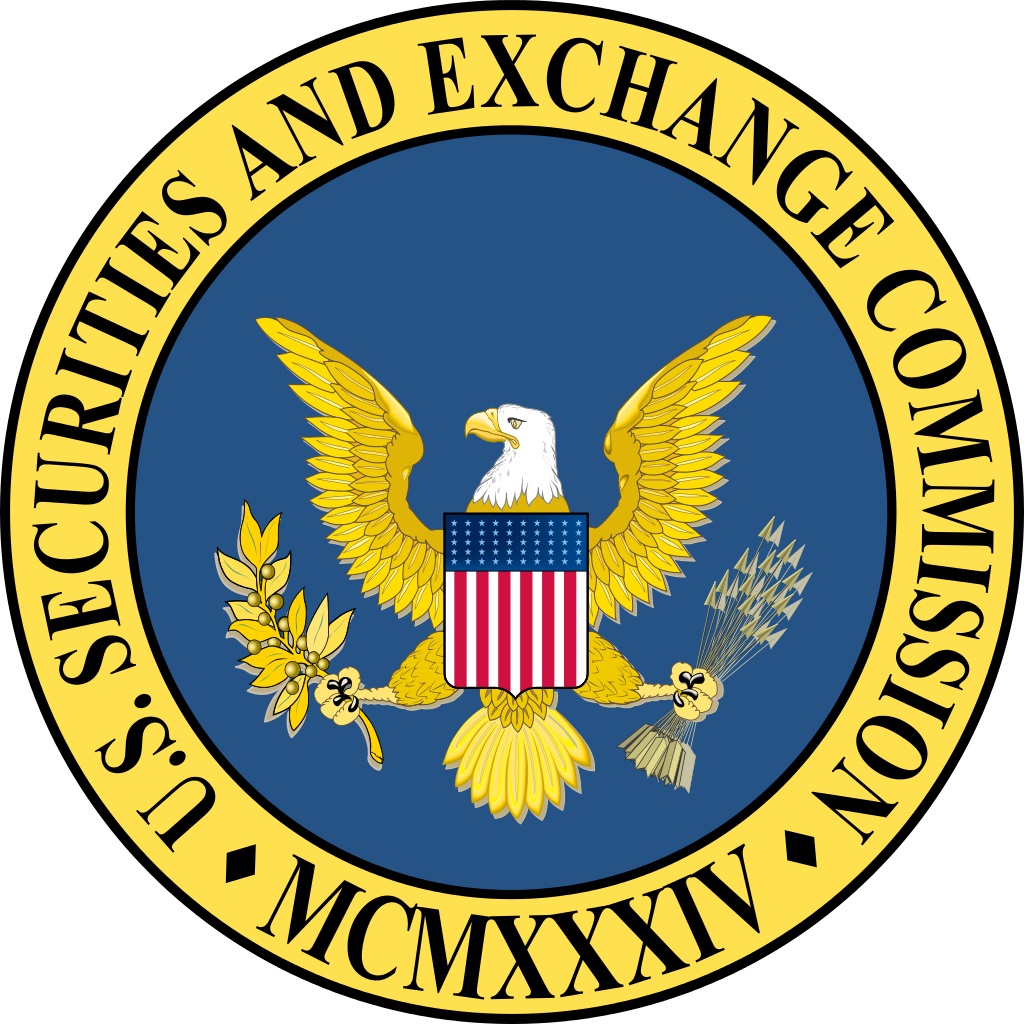

The U.S. Securities and Exchange Commission (SEC) recently announced that it has obtained a court order that will freeze the assets of an investment advisor in regards to secretly siphoning millions of dollars from accounts he managed for professional athletes. In turn, he invested them in a struggling online sports and entertainment ticket business on whose board he served.
In a complaint filed on May 24 and unsealed just recently, the SEC charged Ash Narayan of Newport Coast, California, along with The Ticket Reserve, CEO Richard M. Harmon and COO John A. Kaptrosky. The SEC obtained a court order on May 24 to freeze the assets of the defendants and the court appointed a receiver over The Ticket Reserve.
The agency alleged that Narayan transferred over $33 million from clients’ accounts to The Ticket Reserve, typically without their knowledge or consent and often using forged or unauthorized signatures. Furthermore, the Ticket Reserve became dependent on the fraudulent cash infusions from Narayan’s unsuspecting clients to stay in business and in exchange, Narayan received nearly $2 million in hidden compensation from the company, most of it directly traceable to funds stolen from his clients.
At the same time, The Ticket Reserve also made Ponzi-like payments to existing investors using money from new investors.
Shamoil T. Shipchandler, director of the SEC’s Fort Worth Regional Office, commented:
We allege that Narayan exploited athletes and other clients who trusted him to manage their finances. He fraudulently funneled their savings into a money-losing business and his own pocket. The asset freeze stops the uncontrolled spending of investor assets within The Ticket Reserve until the case is resolved, preserving money that rightfully belongs to Narayan’s clients.
According to the SEC’s report:
- Narayan was a managing director in the California office of Dallas-based investment advisory firm RGT Capital Management.
- Narayan’s clients trusted and relied upon Narayan to pursue safe, conservative investments that would not put their principal at risk, realizing that as professional athletes with injury risks, their earnings might occur within a short window.
- Besides failing to disclose the bulk of The Ticket Reserve investments to his clients and the fees he was receiving in exchange for investing their money, Narayan failed to disclose other key conflicts of interest—including that he was a member of The Ticket Reserve’s board of directors and owned more than three million shares of company stock. Narayan also falsely claimed to be a CPA.
- Harmon and Kaptrosky participated in the scheme by making undisclosed finder’s fee payments to Narayan out of his clients’ funds and covertly describing them as “director’s fees” and “loans” in various company documents.
- Harmon and Kaptrosky approved and executed Ponzi-like payments, falsified and backdated documents, and created sham promissory notes between The Ticket Reserve and Narayan in attempts to further conceal the scheme.
Sponsored: Find a Qualified Financial Advisor
Finding a qualified financial advisor doesn’t have to be hard. SmartAsset’s free tool matches you with up to 3 fiduciary financial advisors in your area in 5 minutes. Each advisor has been vetted by SmartAsset and is held to a fiduciary standard to act in your best interests. If you’re ready to be matched with local advisors that can help you achieve your financial goals, get started now.
Thank you for reading! Have some feedback for us?
Contact the 24/7 Wall St. editorial team.



